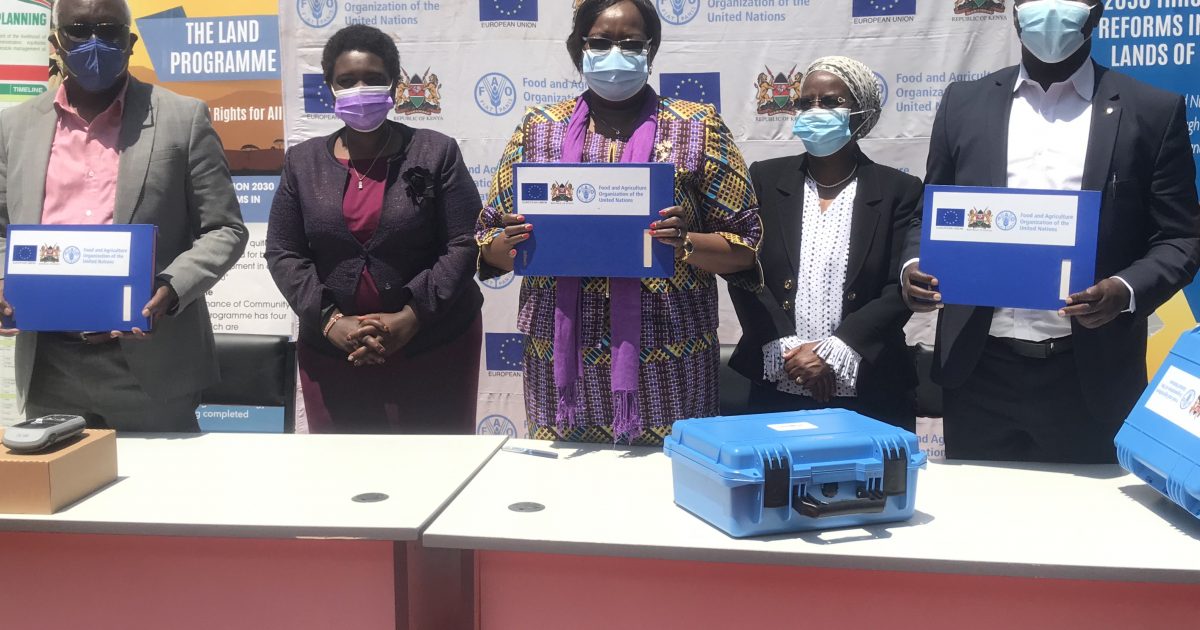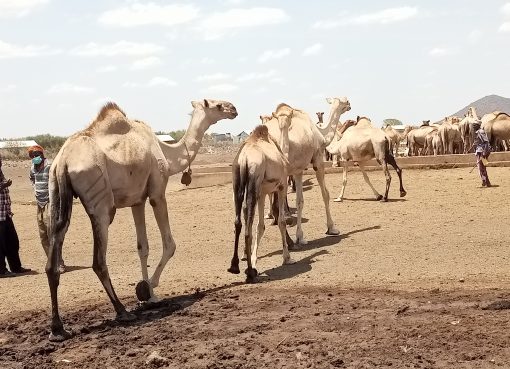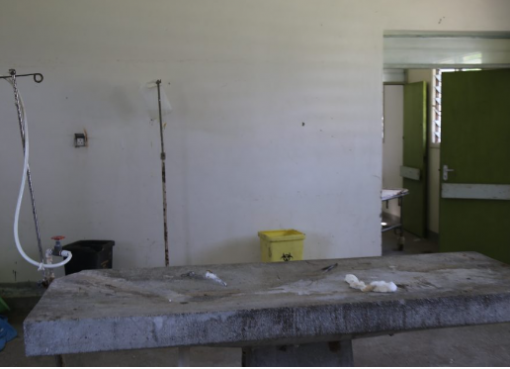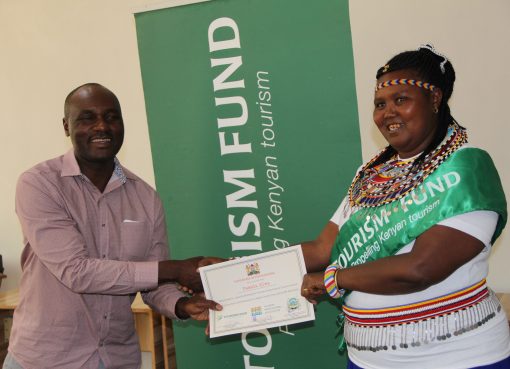The Kiambu Lands Registry has received survey and mapping equipment from the Food and Agriculture Organization (FAO) through funding from the European Union (EU) to boost the government’s efforts towards digitization of land administration.
The two international organizations delivered a container to provide working space for registry officials and storage of records, scanners, accessories like tripods, tribraches and well as surveying software among other equipment.
These new gadgets will be essential in improving efficiency both in time and energy spent in the land surveying process.
The equipment was handed over to the county Lands registry office in a ceremony attended by the Ministry of Lands Secretary of Administration Anne Ng’etich, who represented the docket’s Chief Administrative Secretary Alex Mburi Mwiru, Kiambu Deputy County Commissioner Titus Macharia, Kenya’s FAO representative Hamisi Williams, EU Deputy Country Representative David Mwangi and the County Deputy Governor Dr. Joyce Wanjiku.
In her speech, Ng’etich thanked the two bodies of the United Nations for supporting this noble initiative and the country’s reform agenda in general.
Ng’etich explained that digitization is one of the key elements in the strategy to reform the Ministry of Lands, adding that the process began way back in 2018.
“The President launched online land transactions in the Nairobi registry unit on April 27th 2021,” she said, noting that the nation is embracing new and emerging technologies to mitigate the effects of the Coronavirus pandemic.
On his part, the FAO representative lauded the cooperation between government agencies, while pledging the continued support of the UN body in the digitization process and other programs.
“We may be here for a simple occasion but I can assure you that it’s going to unlock a lot in the future,” he said.
Williams also emphasized that land is a key resource in creating a source of income through agriculture and also ensuring food security as Kenya’s vision 2030 blueprint dictates.
Subsequently, in order to compliment the government’s efforts towards attaining the vision 2030 goals, FAO has been running a program dubbed, the Land Governance Program, aimed at ensuring the tenure of land so that owners may use the resource without hindrances to earn a decent living.
On his part, Mwangi, speaking for the EU echoed Williams’ sentiments saying that land tenure has proven to be a major contributor to development.
“We believe that security of tenure and equitable access to land and natural resources is positively impacting on livelihood and sustainable socio-economic development,” he said.
By Grace Naishoo





